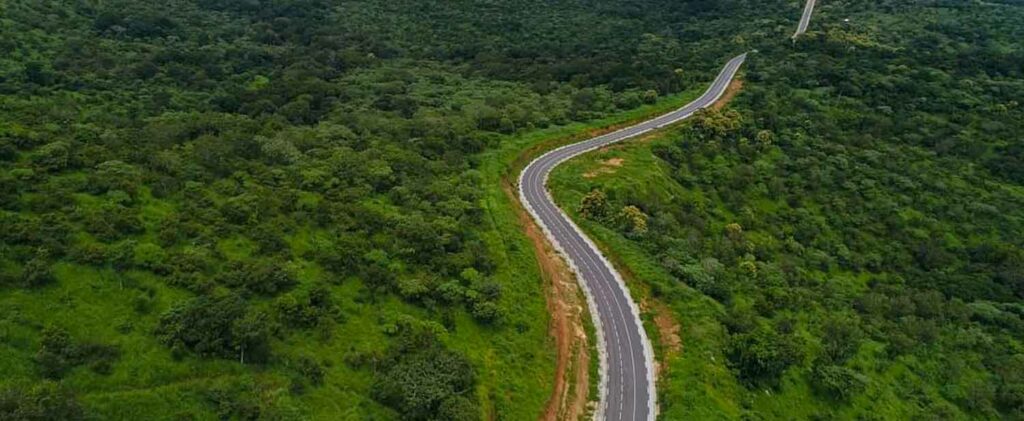The construction of the Batchenga-Ntui-Yoko-Lena-Tibati road, funded by the African Development Bank (AfDB) with an investment of 166.51 million euros, is revolutionizing connectivity in Cameroon. This 412 km project not only connects key rural areas but also opens new trade routes, facilitating the transport of agricultural products and promoting new entrepreneurial opportunities in local communities. The mayor of Yoko, Dieudonne Annir Tina, expressed with emotion: “It is an achievement that the people have been waiting for since 1958”.
Benin: €15 Million to “boost” industrialization
Agnes Attah, president of the Yoko Women’s Network, highlighted the positive impact of the road on commercial activities and women’s daily lives. “The new infrastructure has facilitated access to markets, and training in resource and business management has allowed us to improve our skills and contribute more actively to the region’s economic development”, said Attah. The women of Yoko are now better positioned to seize the opportunities created by the project, reinforcing their role in the local economy.
The road also plays a crucial role in regional integration, connecting Cameroon to Chad via the Lena-Tibati-Ngaoundéré corridor and facilitating trade between the two countries. Serge N’Guessan, AfDB Director General for Central Africa, emphasized the importance of the infrastructure not only as a transport route but also as a vehicle for socio-economic development”. This project will drive regional development by improving regional integration and providing access to new economic opportunities,” said N’Guessan.
The road paving is expected to be completed by December 2024. This infrastructure will not only strengthen Cameroon’s competitiveness but also transform the central region into a high-value agricultural hub. As N’Guessan stated: “By transforming rural areas into centers of production and processing, we will attract new investments and create local jobs, ensuring long-term prosperity for all”. With this road, Cameroon’s rural communities are opening doors to a prosperous and sustainable economic future.
